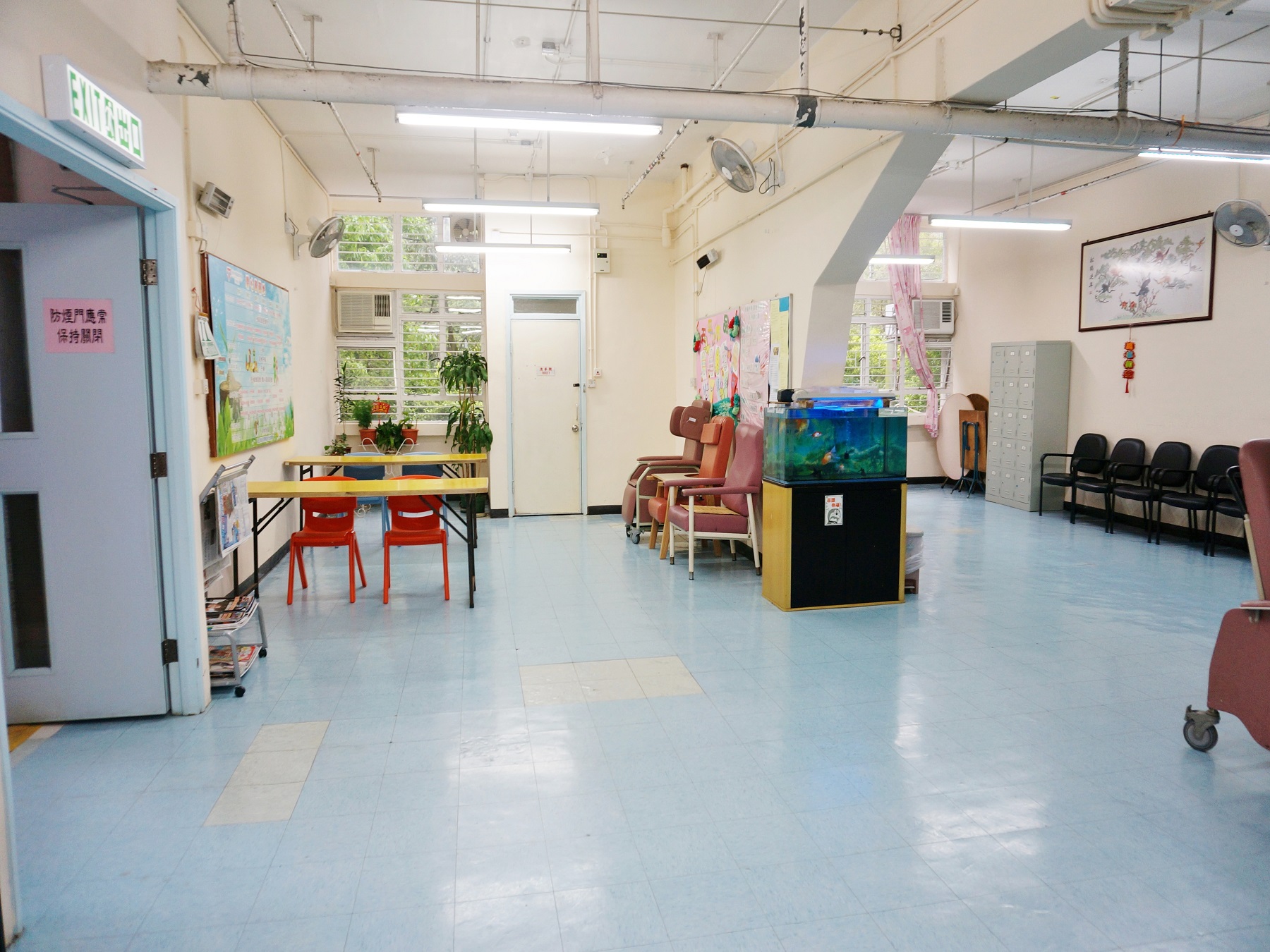Table of Content
The first step to getting any kind of care is to get a care needs assessment from your local council. All care homes should have a way to listen to your feedback and complaints. You could also search for care homes on the CQC website to see their full reports. You can choose to pay for care yourself if you're able to afford it or you don't want a financial assessment. Moving into a care home is a big decision and it can cost a lot of money. Before choosing a care home for you or someone you know, it's worth considering all of the options.
Health Data Researcher InformationInformation on inpatient and outpatient discharges from Texas hospitals, including patient and facility characteristics, diagnoses, procedures, and charges. Select topics are available through the query tools, and complete data files can be ordered for original research. Many residents who live in a care home may choose to remain there if they become unwell. Their main priority might be comfort, and being in their own room, looked after by staff who know them well. However there will be some residents who may benefit from admission to hospital and would want to be transferred. If they do go into hospital it is important to send with them a copy of any previous discussions.
Telephone help for care homes
It doesn't matter if you're paying for the care home yourself or it's funded by the council. Nursing homes usually cost more than residential homes as they provide nursing care. Maintaining a home is a lot of work at any age, and it becomes increasingly burdensome for seniors, especially if they experience mobility challenges. Care home staff takes care of all household chores for residents, including cleaning and laundry, so that they can enjoy a maintenance-free lifestyle.

Care homes may be run by private companies, voluntary or charity organisations, or sometimes by local councils. The Biden-Harris Administration has made promoting competition and protecting consumers a top priority. Today, in support of President Joe Biden’s Executive Order on promoting competition and the Administration’s commitment to transparency, the U.S.
How to Become an Adult Care Home Operator
The decision may also come after an injury, or another incident that occurs which could have been prevented in a residential setting. Ultimately, only the individual and their family will know when it is truly time for residential care. "We want new operators to thrive as small business owners," said Steve Esser, ACHP program manager. In a CCRC, where you live depends on the level of service you need.
Thousands of seniors across the country call an RCFE home, but it isn’t the right senior living choice for everyone. Below, we explain some examples of who may be a good fit for a residential care home. Because of their small size and resemblance to single-family homes, care homes typically do not have many extra amenities.
Resources
Care homes and assisted living facilities are similar in price because they offer a similar level of care. Care homes provide personal care assistance, including assistance with ADLs. This may include bathing, dressing, grooming, and general hygienic practices. Care home aides are available to assist residents with their ADLs and personal care needs, but they cannot provide medical care other than basic first-aid.

The resources contained within this document are also available can be accessed via Sefton Council’s Learner Management System. Further information explaining how to access the online version can be found on page 8 of the document. If you would like past copies of the updates, please contact These updates are web-based. If you would like any of the information discussed in the updates, please contact Jayne.
How to decide if a care home is right for you
For seniors hoping to make friends with other residents and participate in many activities, care homes may have limited social opportunities compared to assisted living. With fewer residents, care homes tend to have more relaxed activity schedules. While this can benefit seniors who prefer to keep to themselves or socialize in unstructured ways, it can be a downside for those desiring the social aspect of residential care. Some facilities have only housing and housekeeping, but many also provide personal care and medical services. Many facilities offer special programs for people with Alzheimer's disease and other types of dementia. But some types of care and community services are free or donated.

Sometimes government programs or your health insurance will help cover the cost of certain home care services. There are different ways of recording ACPs and each care home may differ. However it’s important to share this information with health and social care partners so that treatment plans reflect people’s wishes. The easiest way to do this, is to link with the GP who can update the Key Information Summary . This is an electronic record which NHS24, the Scottish Ambulance Service and hospitals can access. At some point, support from family, friends, and local programs may not be enough.
Operators, resident managers and caregivers must fulfill other requirements as well. Standard Usage Information means the usage data that is made available by the electric utility to all similarly situated customers on a regular basis, delivered by the electric utility in a standard format. For information on covering the costs of long-term care, read about paying for care. Through a Medicare health plan, check with your plan to find out how it gives your Medicare-covered home health benefits. If your landlord will not give you an Information Package, a lawyer or community legal clinic may be able to help.
Those looking at care homes can expect to pay a similar amount, though costs vary dramatically depending on the area. Prices can also fluctuate depending on how many amenities and extra services are offered, the number of staff, and other factors. Care homes typically have 4-10 residents, while assisted living communities can be home to hundreds of people, though size varies. Whether one of these types of senior living is better for you comes down to personal preference, as the level of care is comparable. A large assisted living facility with a robust social calendar will likely be a good fit for seniors who want to remain active and busy. For those who are shyer or prefer to spend time independently or in small groups, a care home may feel more comfortable.
No comments:
Post a Comment